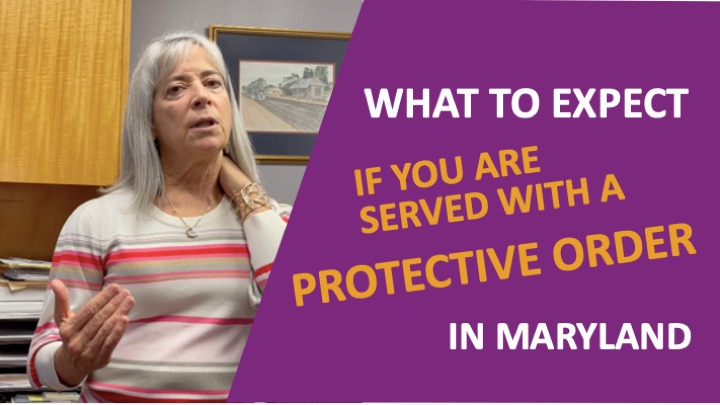If you are considering whether you want a divorce or not, it is important to understand what a divorce is and what it means for your circumstances. Those considerations really depend on your particular circumstances. For instance, if you have minor children, one of the big concerns would be who would have custody of the children and what support obligations there are with the children. For instance, usually the non-custodial parent pays child support.
There are instances where each parent has the children an equal amount of time. If the parents earn similar income, then there usually isn’t child support obligation. What would happen is the costs that are associated with the children are divided by the court. Another consideration in resolving issues involving the children would be if there are any special considerations like alcoholism, physical or mental abuse, or whether the other spouse or the child has a mental illness. You need to figure out what is going to happen with your children and what you want to happen with your children. Once you get through that, the next consideration will be what to do before you make your first move, to ensure that you get the results you want.
You should consider the various alternatives before you decide exactly what you want. You may want primary residential custody but there are lots of variations of that, which should be considered before you decide what to fight for. You may share custody. It may be an equal division or it may just be an added overnight during the week. Maybe you only want to share custody during the summer, when school concerns are not at issue. There might be split custody, where there are multiple children and it is best that the children do not live together. Those alternatives and the reasons underlying them should be explored.
One thing to consider when you are going through the various situations in a divorce is what the other spouse going to want and whether it is likely that you will end up in a custody dispute. Custody disputes are damaging and they are expensive. Sometimes they are necessary, but sometimes, with planning, they can be avoided. All of that should be thought through while you consider whether divorce is right in your particular circumstances.
Another important consideration is whether or not alimony is appropriate. You have, very often, one spouse who is financially dominant and earns substantially more than the other spouse does. In those instances, often alimony is appropriate. Alimony is intended to bring the two living standards closer together. Sometimes, alimony is awarded for a short period of time. Other times, it can be indefinite. Indefinite alimony occurs more often when it has been a long-term marriage and there is a significant earning disparity. Spousal support should be considered when you are deciding whether or not to get a divorce.
Before you make any move, you should go through all those considerations and figure out what you can do to affect the amount of child or spousal support, or the duration. If you are going to be paying support, there may be things that you can do to decrease the amount of support or to limit the period of time that you will be paying alimony or child support. Similarly, if you want alimony, there may be things that you can do to ensure that you are going to get as much alimony, for the greatest period of time, as possible.
Another area of conflict for divorcing spouses is how the property is going to be divided. Understanding the court’s process for the division of property may save you a lot of anxiety and help you better assess your circumstances before deciding whether you want a divorce. The first thing to understand is marital property. Marital property is any property that was acquired during the course of a marriage, but was not acquired by gift or inheritance, and was not excluded by agreement. In Maryland, marital property is equitably divided.
Equitable does not necessarily mean equal, although it often does. What you want to be able to do as you analyze your circumstances and determine whether you want a divorce, is to assess what is included in the marital estate and where you will be, financially, if that property is divided equitably. There are a lot of complicated issues that come up when making these determinations. For instance, you have, very often, comingled property. One spouse came into the marriage with a significant sum of money and that sum of money, for example, may have been used as a down payment on home. The question of whether that non-marital property retained marital character becomes an issue. There are a lot of different variables that would affect the outcome of that. Understanding where you are going to be, financially, if you proceed with a divorce, is one of the most important things that you can consider. Understanding where you can influence the outcome and where you probably cannot influence the outcome will also help you adjust your expectations and plan accordingly.
For more information on Process of Divorce In The State Of Maryland, an initial consultation is your best next step. Get the information and legal answers you’re seeking by calling (301) 962-2492 today.





